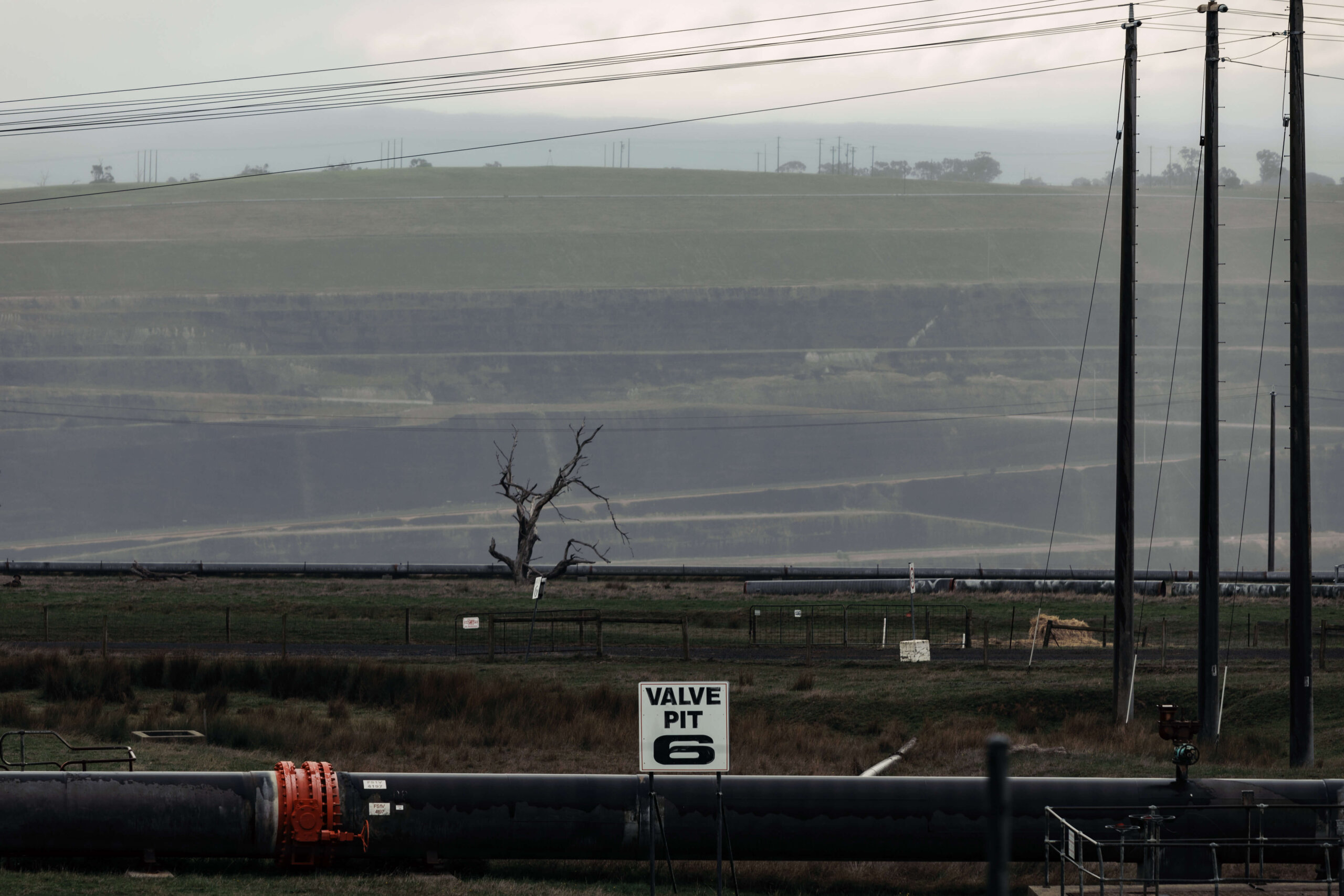The Victorian Government has passed a Bill to gut Victoria’s mining laws – and literally take the word ‘sustainable’ out of mining regulation.
De-regulating the mining industry is the last thing our government should be doing as Victoria prepares for a surge in mining companies seeking to profit from a critical minerals boom.
From Bendigo to East Gippsland, people across the state spoke up about this Bill and made it clear communities must have a say in the decisions that impact them. Though the Bill passed, this incredible outcry has put enormous pressure on the Victorian government to put people and our environment before company profits.
This isn’t our last chance to make sure Victoria’s mining laws hold mining corporations to high standards to protect our health, our environment, and our futures.
The energy transition is a time to rebuild our energy system with justice at the centre – which means we all get a say on the things impacting us.
Read more about the Mineral Resources (Sustainable Development) Amendment Bill 2023 below.
The Victorian government’s proposed Mineral Resources (Sustainable Development) Amendment Bill 2023 will pave the way for companies to undertake mining without community input, oversight or transparency.
Frequently asked questions
Our concerns about the operation, consequences and missed opportunities of the Bill include:
Mining and quarrying projects are typically located in regional communities and the environmental impacts of the industry thereby disproportionately impact those communities.
The mining industry in Victoria has a poor history of regulation and transparency, and the communities who bear the brunt of the industry must have an opportunity to participate in decisions about what projects go ahead in their backyards.
We are concerned that the Bill intends to remove statutory decision-making steps and not integrate public comment periods into application processes. Specifically, the Bill removes the requirement to submit ‘work plans’, which are documents created by companies to detail proposed mining and quarrying operations.
The Bill does not replace this with any other document required to be submitted by operators outlining their plans. Critically, approved work plans were the only document the community could access which detail mining and quarrying operations without submitting a request under the Freedom of Information Act 1982 (Vic).
By removing requirements for work plans, we’re concerned this Bill could result in a lack of transparency for communities.
Proposed changes under this Bill places greater responsibility on local councils and planning decision-makers to determine planning approval application – but we’re concerned councils lack the technical expertise and capacity to make these decisions effectively.
Under current legislation, mining and quarrying proposals first receive endorsement or review by the Resources Regulator and other agencies before moving to council assessment. We’re concerned projects that would previously have been rejected as clearly unacceptable by the Resources Regulator will proceed straight to the planning approval phase without appropriate technical assessment, and place undue burden on local councils.
Mining is an inherently high-risk activity, and we’re concerned the draft Bill provides little legislative guidance or control about attributing risk to mining activities.
The determination of risk level seems to rely on a combination of self-assessment by the mining company and departmental discretion. The Bill appears to contain no direction about what constitutes an unacceptable risk.
The community deserve to know when the risk of mining or quarrying activity increases and whether these risks are unacceptable, whether or not an operator deems it significant enough. We believe risk must be expertly and independently assessed.
Assessment of risk under the proposed changes is not the same as a thorough environmental assessment – and this proposed Bill lacks any requirements for proper environmental impact assessment.
Victoria’s current environmental assessment legislation, the Environment Effects Act 1978 (Vic), does not provide a clear path for environmental impacts to be considered by the Resources Regulator or planning approvals process; only a handful of the largest projects fall within its criteria for assessment. The proposed Mineral Resources (Sustainable Development) Amendment Bill fails to remedy this – meaning many projects continue to lack a proper environmental impact assessment process.
Environmental Justice Australia, alongside communities impacted by mining, has been calling for years for the government to integrate an environmental impact assessment into the mining and quarrying process.
The proposed Bill would see a duty imposed on operators to achieve best environmental outcomes.
While this might sound good, a duty-based system requires thorough and effective regulator oversight, investigation and enforcement – to make sure the duty is actually being met. The Earth Resources Regulator, tasked with regulating mining and quarrying in Victoria, has a poor history in these areas.
That’s why we question whether it’s appropriate to introduce a duty-based system in these circumstances. As the government has stated, the Bill removes red tape, making it easier to get approval to mine and quarry – which makes it all the more necessary to have rigorous government oversight to accompany a laxing of the approvals process.

